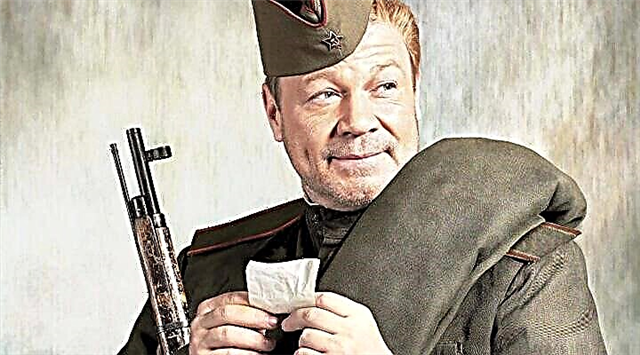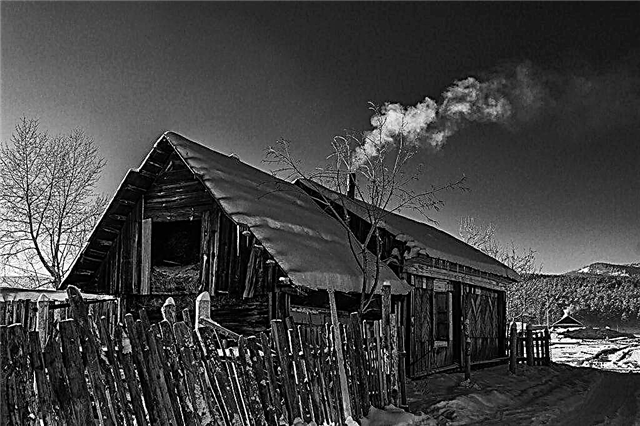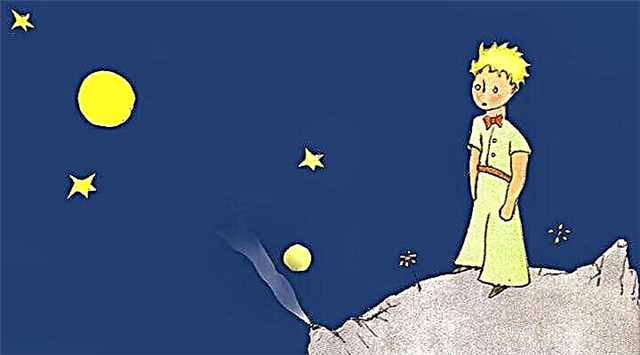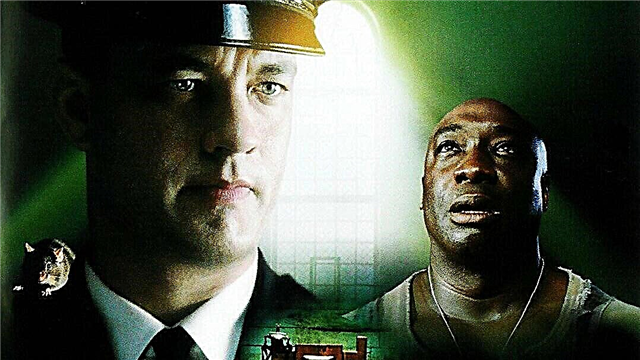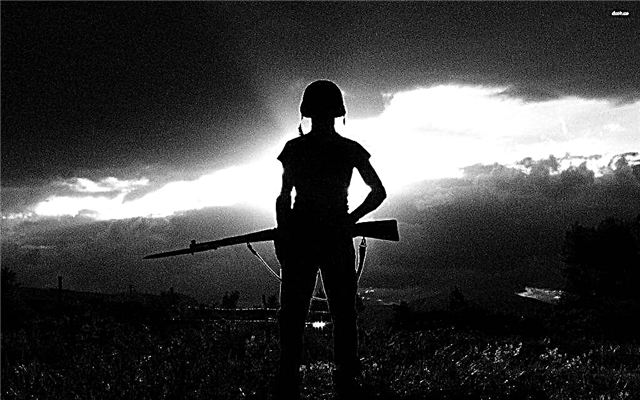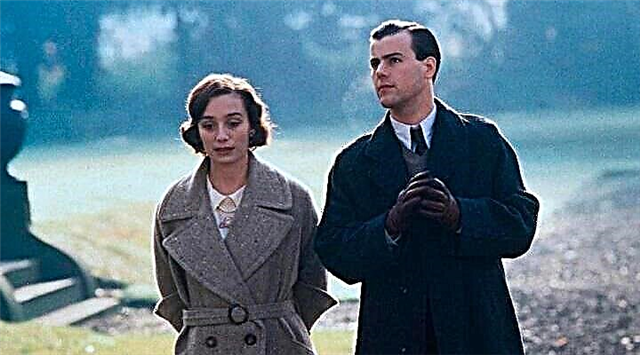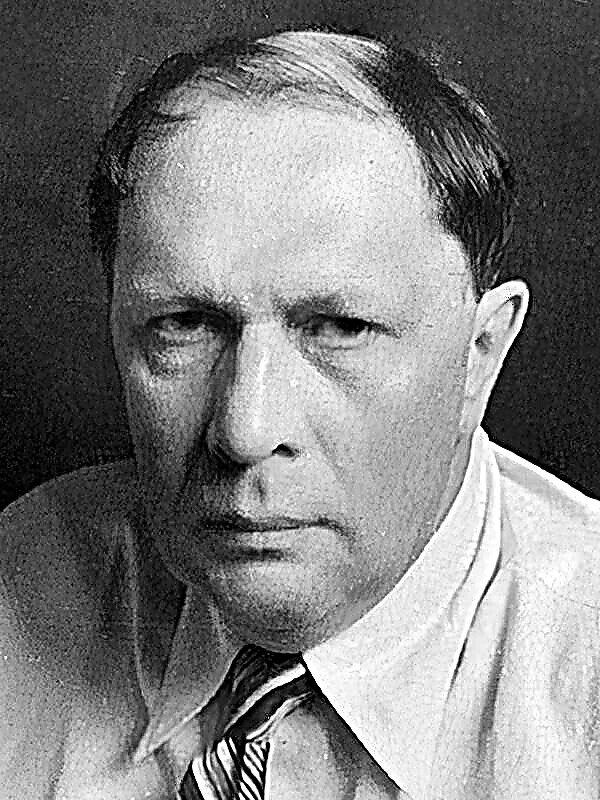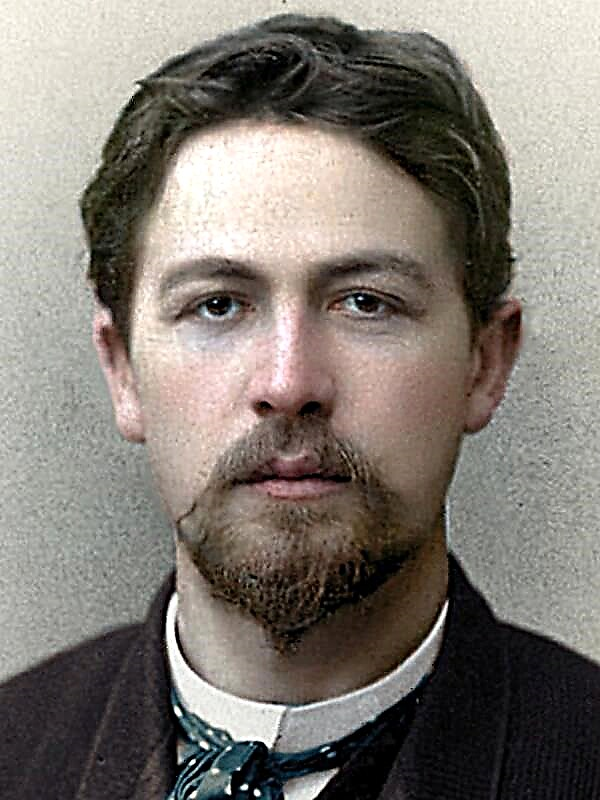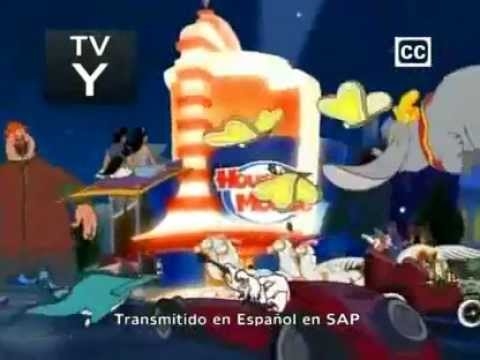: A collection of four stories based on Ukrainian folklore is positioned as a continuation of “Evenings on a Farm Near Dikanka”.
Old World Landowners
Old men Afanasy Ivanovich Tovstogub and his wife Pulkheria Ivanovna lived in a remote village - such settlements in Little Russia were called "old-world". The land of their estates brought such abundant crops that the elderly did not notice how the clerk robbed them. The Tovstogubs had no children, and they concentrated all their affection, tenderness and love on each other. The old people loved to receive guests and have a tasty meal.
So quiet and calm the days passed until the beloved cat Pulcheria Ivanovna ran into the forest. Three days later she appeared home, but soon disappeared forever. Pulcheria Ivanovna decided that this death came for her, she became sad, thoughtful and took a promise from her key holder to look after Athanasius Ivanovich.
Pulcheria Ivanovna died. Five years later, the house was dilapidated, Afanasy Ivanovich grew old, bent, but his longing for his wife did not weaken. Walking once in the garden, the old man heard his late wife calling him, and soon died, asking him to put him near Pulcheria Ivanovna before his death. The Tovstogubov estate was empty and was soon upwind by a distant relative.
Taras Bulba
The sons of the Cossack colonel Taras Bulba, Ostap and Andriy, returned home after studying at the Kiev Academy. Having convened the entire regimental rank, the Kozak decided to send his sons to the Zaporizhzhya Sich, believing that staying there would be the best science for them. Inspired by the young strength of the guys, Taras Bulba decided to go with them to introduce his old comrades. On the way, Andriy recalled the beautiful Pole, whom he managed to fall in love with in Kiev.
Ostap and Andriy plunged into the wild life of the free Sich, but Taras Bulba did not like the idle existence. He did not want to spend the Cossack's dare on endless boozes and persuaded the Cossacks to choose a new one, whom he knocked out on a campaign against Poland.
Soon, the entire Polish south-west became the prey of the Zaporozhye Cossacks, and Ostap and Andriy matured in battle. Then the Cossack army besieged the city of Dubna with a rich treasury. Kozaki began to burn the surrounding villages and uncleaned bread, which did not like the sons of Taras.
One night, a servant of his beloved Polish girl came to Andriya and said that the little girl was in the besieged city, starving and asking for a piece of bread for her dying mother. Loaded with bags of bread Andria, the maid took her to Dubna through an underground passage. The guy met his beloved, renounced for her father, brother and fatherland for her and stayed to protect the panel from his former comrades.
Taras found out about the betrayal of his son. He led the Zaporizhzhya army, met with Andriy in battle and killed him. In the same battle, Ostap was captured, and Taras himself, seriously wounded, was taken to Sich.
Having recovered from his wounds, Taras made his way to Warsaw to redeem Ostap from captivity, and saw the terrible execution of his son on the main square of the city. Having lost his sons, Taras Bulba again raised the Cossacks on a campaign against Poland and fiercely avenged the Poles for the death of Ostap and Andriy.
The defeated Polish hetman surrendered, but Taras did not agree to peace and took his regiment to "walk around Poland", ruthlessly destroying everyone in its path. Finally, the Taras regiment was surrounded by five Polish regiments. They took the bulba prisoner and burned it alive, tied it with iron chains to an oak tree.
Wii
Three bursaks - the theologian, philosopher and rhetorician - traveled to cities and villages during the holidays, earning food by spiritual chants. Once they spent the night on a farm whose old mistress turned out to be a witch. At night, she saddled the philosopher Homu Brut and started flying on it.
Not bewildered, Homa said a prayer, and when the witch weakened, he carefully walked away with a log. The witch fell to the ground and turned into a young beauty. In fear, the philosopher fled and returned to Kiev, where he was called by the rector and ordered to go to the farm to the rich centurion, whose beautiful daughter died. Pannochka returned from the walk, mortally beaten, and before her death she managed to ask the seminar seminar Homa Brut to read the prayers for her for three nights.
Arriving at the farm under guard, Homa recognized the witch in the dead panel. The Cossacks living on the farm knew very well that the daughter of their master was a witch. The first two nights, Khoma read prayers, and the little girl flew around the church in a coffin, but could not see the seminarian - he was protected by prayers and the circle drawn by him around him.
On the third night, the little lady got up from the tomb, the church was filled with monsters, and the witch demanded to bring Wii, the leader of evil spirits.Viy appeared, ordered to lift his eyelids and saw Khoma, who, unable to stand it, looked at him and trembled in spirit.
The monsters rushed at the philosopher, and he died. Then the roosters cried for the second time, the evil spirits rushed away, but did not have time to leave the church. So she stayed with the monsters stuck in the windows and doors, and all roads were overgrown with her.
The story of how Ivan Ivanovich quarreled with Ivan Nikiforovich
Ivan Ivanovich, the owner of a large estate and garden, a lover of melons, a widower, was a kind and pious man. The children of the girl Gapka called his aunt, and although he did not give alms to the poor, he did not cause harm. Ivan Ivanovich often came to visit the city or Ivan Nikiforovich and liked to accept gifts.
Ivan Nikiforovich, a neighbor and best friend of Ivan Ivanovich, was never married. He lay all day on the porch, and in the heat he loved to bathe in cool water. Despite the great affection, their characters and even their looks were opposed to each other.
Once Ivan Ivanovich saw an old gun at his neighbor and wanted to buy or trade him. But Ivan Nikiforovich also believed that the old gun is an irreplaceable thing in the household, and he refused to his friend, calling him a gander.
The friends quarreled. Ivan Nikiforovich began to build a goose shed directly opposite the climb through the wattle fence. Offended by this, Ivan Ivanovich sawed up the pillars of the crib at night, and the building collapsed. Then the friends sued each other.
Several years have passed. The enmity between the neighbors became stronger, although the whole city tried to reconcile them at the assembly organized by the city mayor.Twelve years later, Ivan Ivanovich and Ivan Nikiforovich, aged, but still not reconciled, were fighting against each other and lived only on favorable news from the court.


